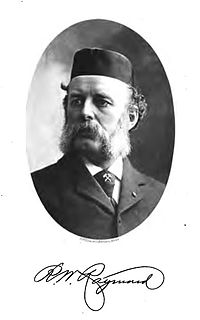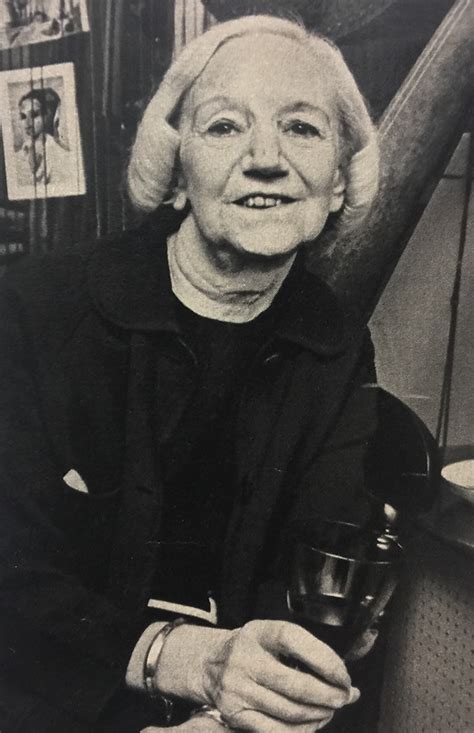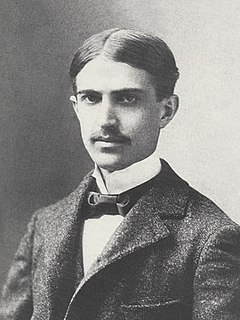A Quote by Wilfred Owen
We were marooned in a frozen desert. There was not a sign of life on the horizon and a thousand signs of death... The marvel is we did not all die of cold.
Related Quotes
The marvel is that we did not all die of cold. As a matter of fact, only one of my party actually froze to death before he could be got back, but I am not able to tell how many have ended up in hospital. We were marooned in a frozen desert. There was not a sign of life on the horizon and a thousand signs of death.
So to be sick unto death is, not to be able to die-yet not as though there were hope of life; no, the hopelessness in this case is that even the last hope, death, is not available. When death is the greatest danger, one hopes for life; but when one becomes acquainted with an even more dreadful danger, one hopes for death. So when the danger is so great that death has become one's hope, despair is the disconsolateness of not being able to die.
What if it is for life's sake that we must die? In truth we are not individuals; and it is because we think ourselves such that death seems unforgivable. We are temporary organs of the race, cells in the body of life; we die and drop away that life may remain young and strong. If we were to live forever, growth would be stifled, and youth would find no room on earth. Death, like style, is the removal of rubbish, the circumcision of the superfluous. In the midst of death life renews itself immortally.
We are left with nothing but death, the irreducible fact of our own mortality. Death after a long illness we can accept with resignation. Even accidental death we can ascribe to fate. But for a man to die of no apparent cause, for a man to die simply because he is a man, brings us so close to the invisible boundary between life and death that we no longer know which side we are on. Life becomes death, and it is as if this death has owned this life all along. Death without warning. Which is to say: life stops. And it can stop at any moment.
You too must be of good hope as regards death, gentlemen of the jury, and keep this one truth in mind, that a good man cannot be harmed either in life or in death, and that his affairs are not neglected by the gods. What has happened to me now has not happened of itself, but it is clear to me that it was better for me to die now and to escape from trouble. That is why my divine sign did not oppose me at any point. So I am certainly not angry with those who convicted me, or with my accusers. Of course that was not their purpose when they accused and convicted me, but they thought they were hurting me, and for this they deserve blame.
The signs that presage growth, so similar, it seems to me, to those in early adolescence: discontent, restlessness, doubt, despair, longing, are interpreted falsely as signs of decay. In youth one does not as often misinterpret the signs; one accepts them, quite rightly, as growing pains. One takes them seriously, listens to them, follows where they lead. ... But in the middle age, because of the false assumption that it is a period of decline, one interprets these life-signs, paradoxically, as signs of approaching death.
A terrible cold world of ice and death had replaced the living world we had always known. Outside there was only the deadly cold, the frozen vacuum of an ice age, life reduced to mineral crystals. [. . .] I drove at great speed, as if escaping, pretending we could escape. Although I knew there was no escape from the ice, from the ever-diminishing remnant of time that encapsuled us.
Where is it I've read that someone condemned to death says or thinks, an hour before his death, that if he had to live on some high rock, on such a narrow ledge that he'd only room to stand, and the ocean, everlasting darkness, everlasting solitude, everlasting tempest around him, if he had to remain standing on a square yard of space all his life, a thousand years, eternity, it were better to live so than to die at once. Only to live, to live and live! Life, whatever it may be!





































